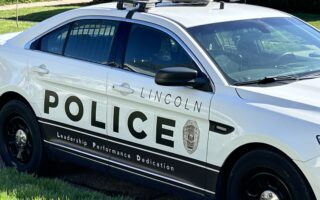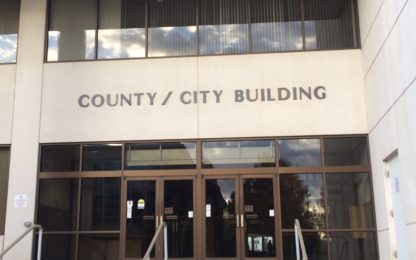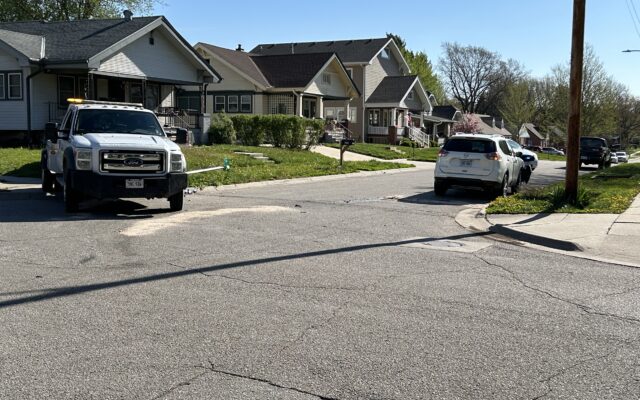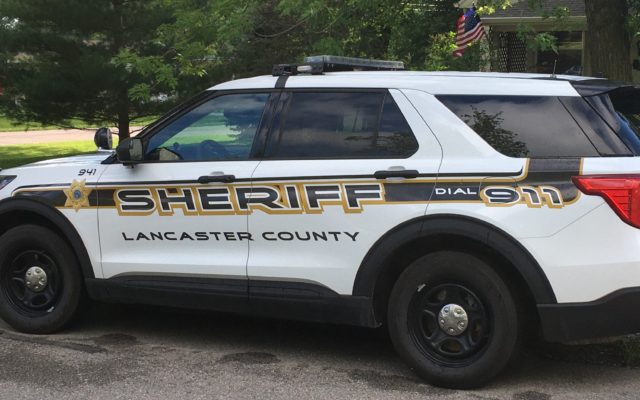“Connect Nebraska” Broadband Initiative Outlined
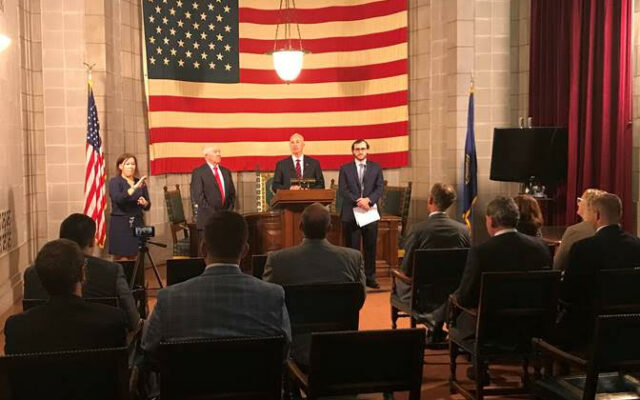
LINCOLN, NE (September 7, 2022) – Today, Governor Pete Ricketts and members of the “Connect Nebraska” working group today outlined plans to expand reliable, high-speed internet service across Nebraska. Led by State Broadband Coordinator Patrick Redmond, the working group includes representatives of the Nebraska Public Service Commission, the Office of the Chief Information Officer, and the State Budget Office.
During his remarks, Governor Ricketts the State has new Federal funding sources for broadband expansion.
“Nebraska has been developing its broadband infrastructure for several years. It has put us ahead of the curve,” said Gov. Ricketts. “Unlike many other states, we already have the legislative framework and the operational process in place to manage state and federal broadband grant programs and expand access to high-speed internet. A connected Nebraska—especially in our rural areas—is essential for us to grow our state.”
Patrick Redmond, the State’s Broadband Coordinator, outlined four new federal programs the Connect Nebraska working group will be helping to administer. Next week, the State is launching a website, broadband.nebraska.gov, to serve as the primary hub of information on the new broadband programs. The website will also serve as a portal for grant applications.
Below is a summary of the new broadband programs:
- The Capital Projects Fund
-
- This spring, the Unicameral passed LB 1024e to specify Nebraska’s intended use of funds received from the Capital Projects Fund as part of the federal American Rescue Plan Act (ARPA). Last week, the U.S. Department of Treasury approved Nebraska’s plan to use $87.7 million of the funds for broadband infrastructure.
Three other programs created through the federal Infrastructure Investment and Jobs Act will provide additional funds to Nebraska for broadband infrastructure.
- The Broadband Equity, Access, & Deployment Program (BEAD)
-
- The purpose of the BEAD program is to provide broadband to unserved locations (speeds below 25/3 mpbs); underserved locations (speeds below 100/10 mpbs); and community anchor institutions like schools, libraries, and health clinics.
-
-
- Nebraska will receive at least $100 million in BEAD funds, with more money expected due to the increased costs of building broadband as a rural, geographically large state.
-
- Digital Equity Grant Program
-
- The State is receiving at least $7 million through this program to ensure Nebraskans in all areas of the state have the tools and training needed to make the most of internet resources. Digital Equity grants can be used for purposes such as digital literacy training, workforce development, and to increase access to electronic devices.
- Middle Mile Broadband Infrastructure Grant Program
-
- Entities such as internet service providers and public power districts can apply for Middle Mile Broadband Infrastructure grants. These funds can be used to construct, improve, or acquire broadband infrastructure that does not directly connect to an end-user location such as a household or school. This includes towers, fiber, and other physical infrastructure through which networks exchange internet traffic.
In recent years, the State of Nebraska has taken action to study gaps in the state’s internet coverage and to invest in the expansion of high-speed internet access:
- In 2018, Gov. Ricketts signed LB 994 into law to create the Rural Broadband Task Force. Chaired by Ed Toner, the State’s Chief Information Officer and Chair of the Nebraska Information Technology Commission, the task force has worked to evaluate rural Nebraska’s broadband needs and recommend actions to increase high-speed internet access.
- In 2020, the State of Nebraska allocated nearly $30 million of federal coronavirus assistance to connect more than 20,000 households with broadband.
- In 2021, the Governor signed the Rural Broadband Bridge Act into law (LB 388). It invested $40 million ($20 million per year in 2021 and 2022) to help another 30,000 households get broadband connectivity.
- In 2022, Gov. Ricketts signed LB1144 into law. It amended the Rural Broadband Bridge Act to change the required match (from 50% to 25%) for grant recipients working on projects in high-cost areas. This makes it more financially viable for providers to construct broadband in rural parts of the state.

